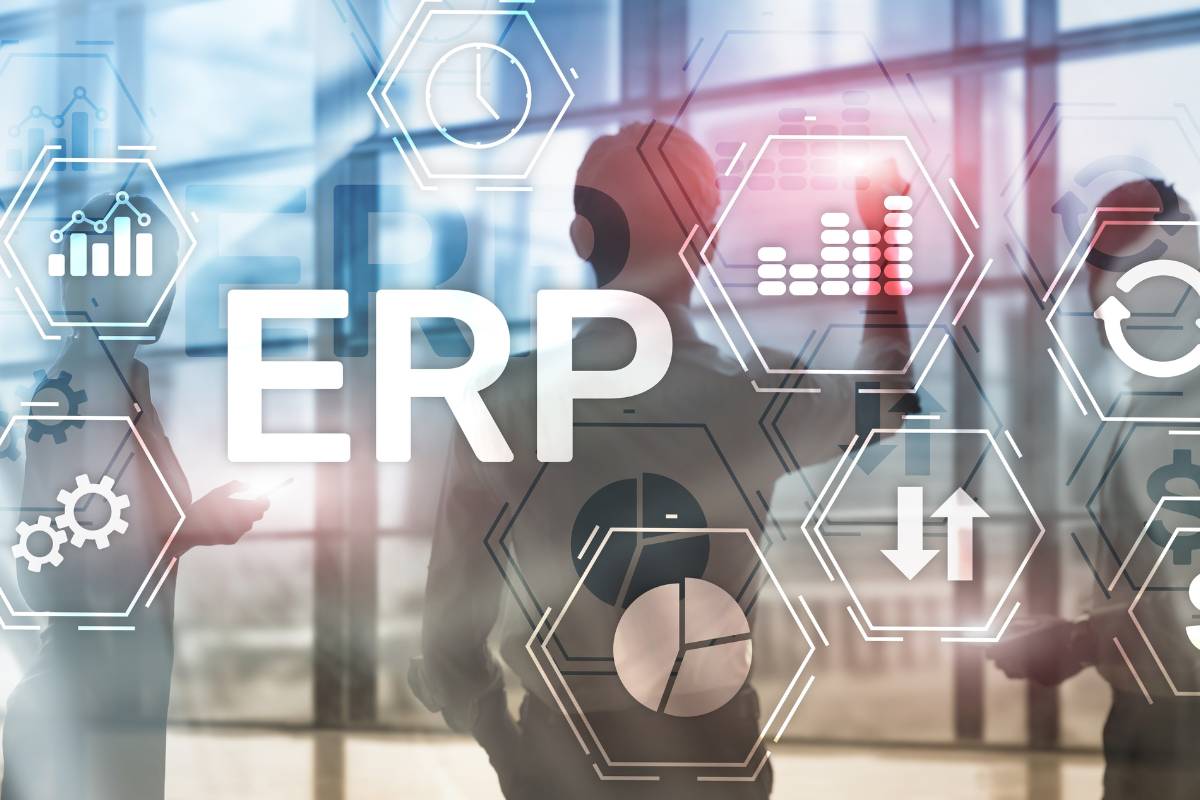As featured in Epicor’s latest blog post, the ever-evolving landscape of business operations demands a holistic approach. Whether you are a small startup striving to make your mark or a large-scale manufacturing powerhouse churning out thousands of units per hour, it’s imperative to have a system that not only keeps up but propels your business forward. The time of using various separate tools is becoming less common. Instead, we are moving toward a single unified solution that brings all your organization’s data and information together, creating one reliable ‘source of truth’.
This ’source of truth’ is none other than an ERP system, designed to gather and synthesize data from across your organization. However, the role of an ERP doesn’t stop at data collection; it extends to analyzing that data to provide actionable insights into your operations.
Imagine a tool that not only identifies your current impact but also highlights opportunities for improved efficiency, productivity, waste reduction, and revenue enhancement. As you embark on your ERP evaluation journey, consider these five crucial capabilities that serve as the bedrock for success:
- Data Integration Across the Board: Your ERP must excel at data collection, aggregating vast volumes of information from every facet of your organization. It should seamlessly integrate with various applications, databases, devices, and systems, often utilizing open-source solutions and syncing across APIs. In the era of the Internet of Things (IoT), ensure your ERP can effortlessly integrate the data these devices collect.
- User-Friendly Interface: An ERP’s user-friendliness plays a pivotal role in its adoption. A familiar, modern interface encourages regular use, minimizing the learning curve. Ensuring that it feels like navigating a favorite webpage or a smartphone app can significantly boost user engagement.
- Advanced Business Intelligence and Analytics: Beyond data visualization, your ERP should offer advanced analytics to empower your organization to navigate the challenges posed by volatile material prices, supply chain disruptions, and staffing shortages. An ERP that can make predictions and adjustments based on the data it collects and market insights will set you on a path to success.
- Cloud Deployment for Scalability: Your ERP should be able to handle localization, crucial for businesses eyeing growth and expansion. Cloud ERP ensures that your team can access data and insights from anywhere while adjusting to local requirements such as currency, time zones, and regulations.
- Security Monitoring and Identity Management: Protecting your ERP’s treasure trove of data is paramount. The system should offer robust security monitoring and identity management features to control access, especially if you allow third-party vendors into your system. This becomes even more critical with a cloud-based ERP, as it houses your most valuable insights and assets.
Prepare your business for a future of growth and transformation by adopting a modern ERP system that unifies, streamlines, and fortifies your operations. The path to success begins with choosing an ERP that empowers your organization with insights, adaptability, and the tools needed to thrive in today’s dynamic business environment.






